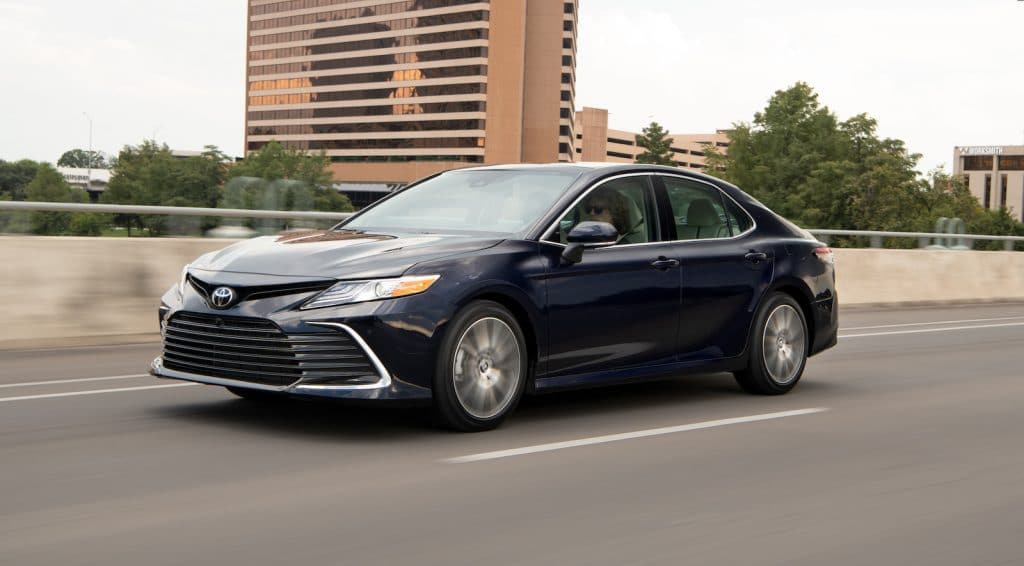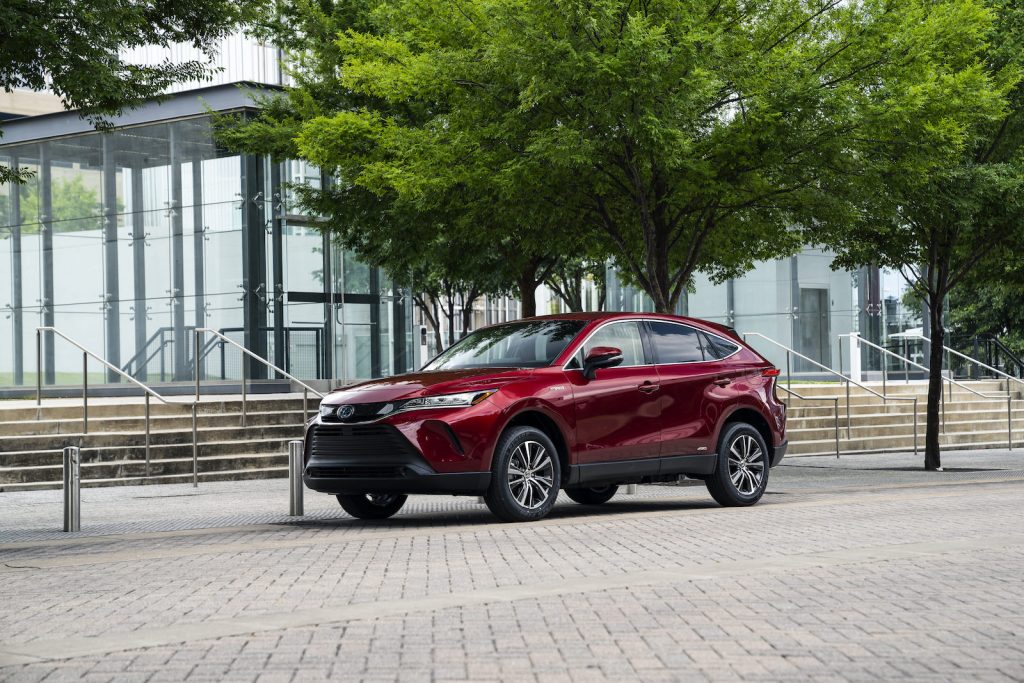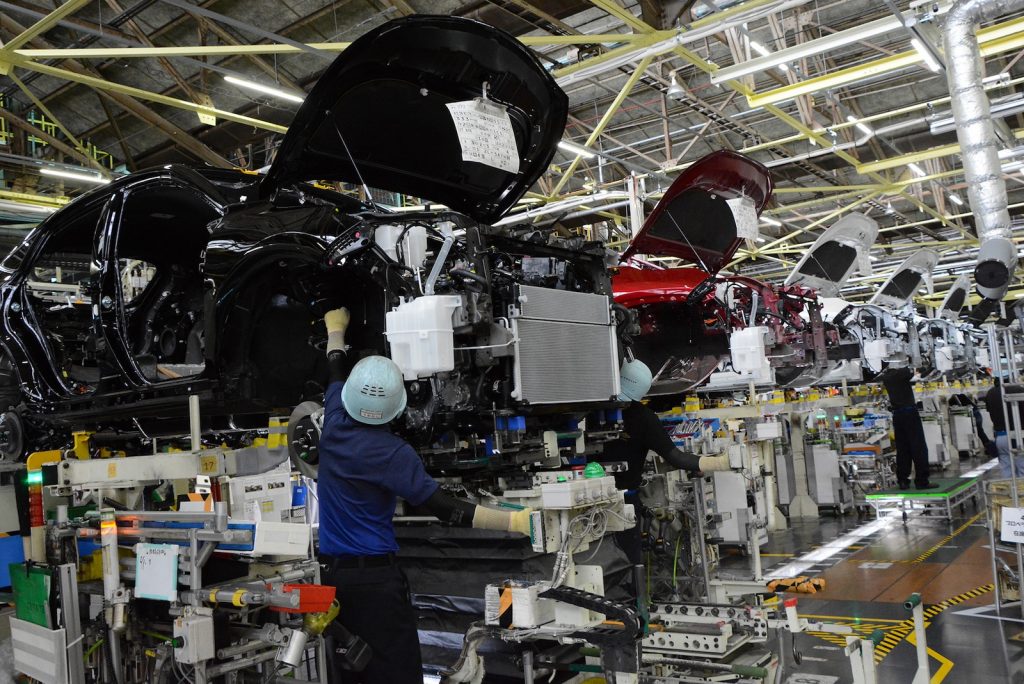
Japan’s Toyota Motor Corp. shrugged off the semiconductor shortage to remain the auto industry’s leader in global sales in the first half of 2021.
Toyota reported its sales were a little more than 5 million units through the first six months, which is up 32.7% compared to 2020 when sales were pummeled by the COVID-19 outbreak. The company’s H1 2021 results are up 4.5% compared to 2019.
The increase was driven primarily by sales in North America and China, Toyota reported, which kept it ahead of Volkswagen and the Nissan-Renault Alliance in the race to be the “biggest” global automaker — by sales volume.
Toyota sales in North America were led by solid sales light trucks in the U.S. However, the company also enjoyed strong results from the Highlander, hybrids such as the Venza, and sedans including the Camry, according to the company.

China was a plus for Toyota
In China, the demand for new vehicles expanded and sales of the Corolla, Levin, Camry and Avalon, as well as Lexus vehicles were strong, the company noted.
On the production side, Toyota reported global production in the first half of 2021 totaled approximately 4.517 million units, and an increase of 36.3% from the same period last year when many of the automaker’s factories around the world were forced to close in the face of the spreading pandemic as well as a massive earthquake in Japan.
Production was down 2.7% when compared with 2019, Toyota reported.

Overall production increases were driven primarily by production in China where the strong sales of the Levin, Avalon, and other models contributed to the strong production results.
Electrified vehicles performed well
Global sales of electrified vehicles increased from approximately 21% in the first half of 2020 to approximately 26% in the first half of 2021. This increase was driven primarily by North America, Europe, and China.
Toyota’s strong first half, despite the shortage of semiconductors, puts it ahead of archrival Volkswagen AG.
Last year, Toyota reported global sales fell 11.3% to 9.528 million vehicles in 2020. That compared with a 15.2% drop at Volkswagen to 9.305 million vehicles. Automakers have suffered as coronavirus lockdowns have stopped people from visiting car showrooms and forced manufacturing plants to reduce or halt production.







